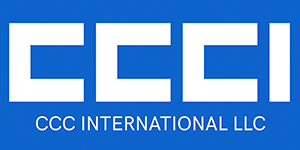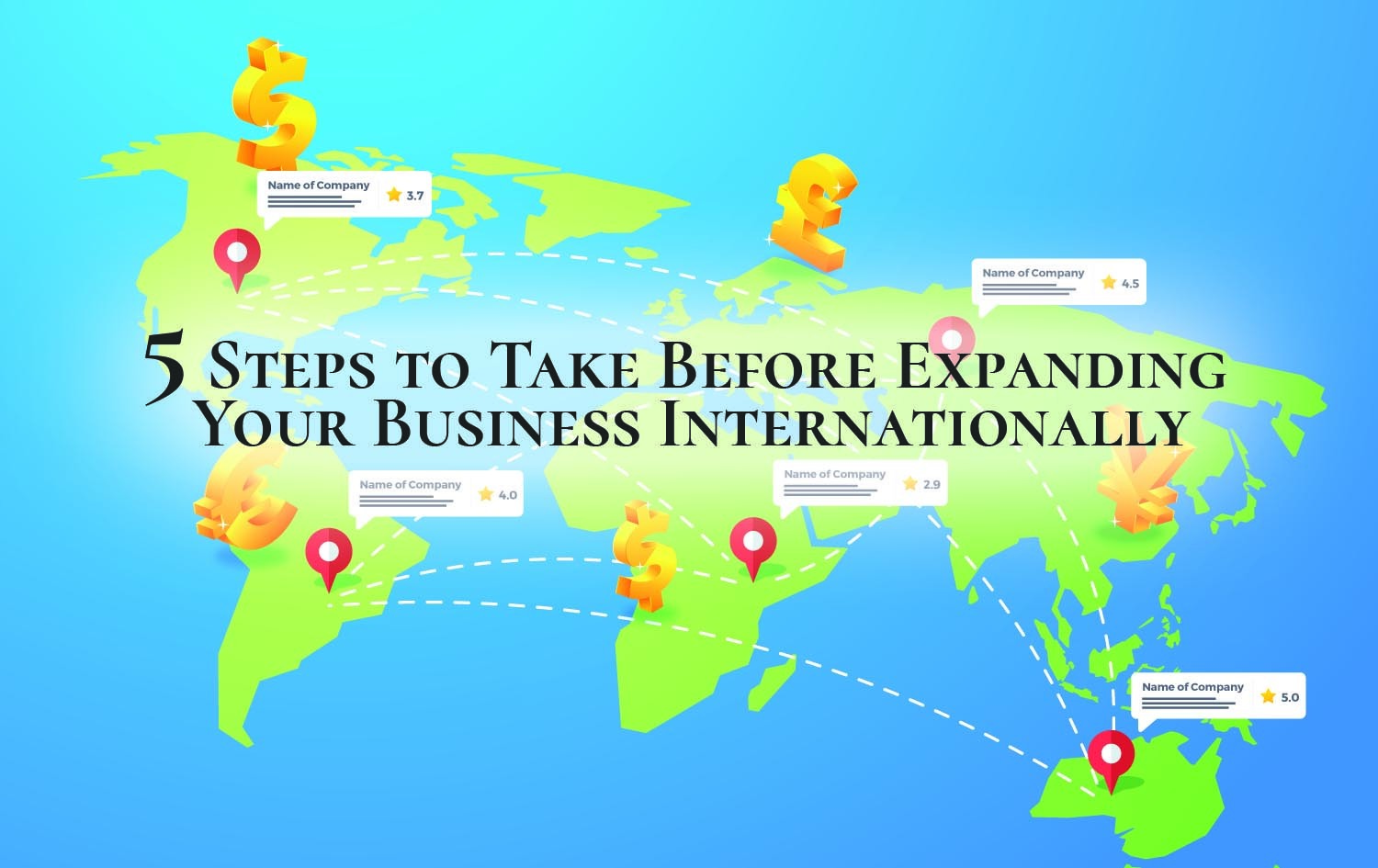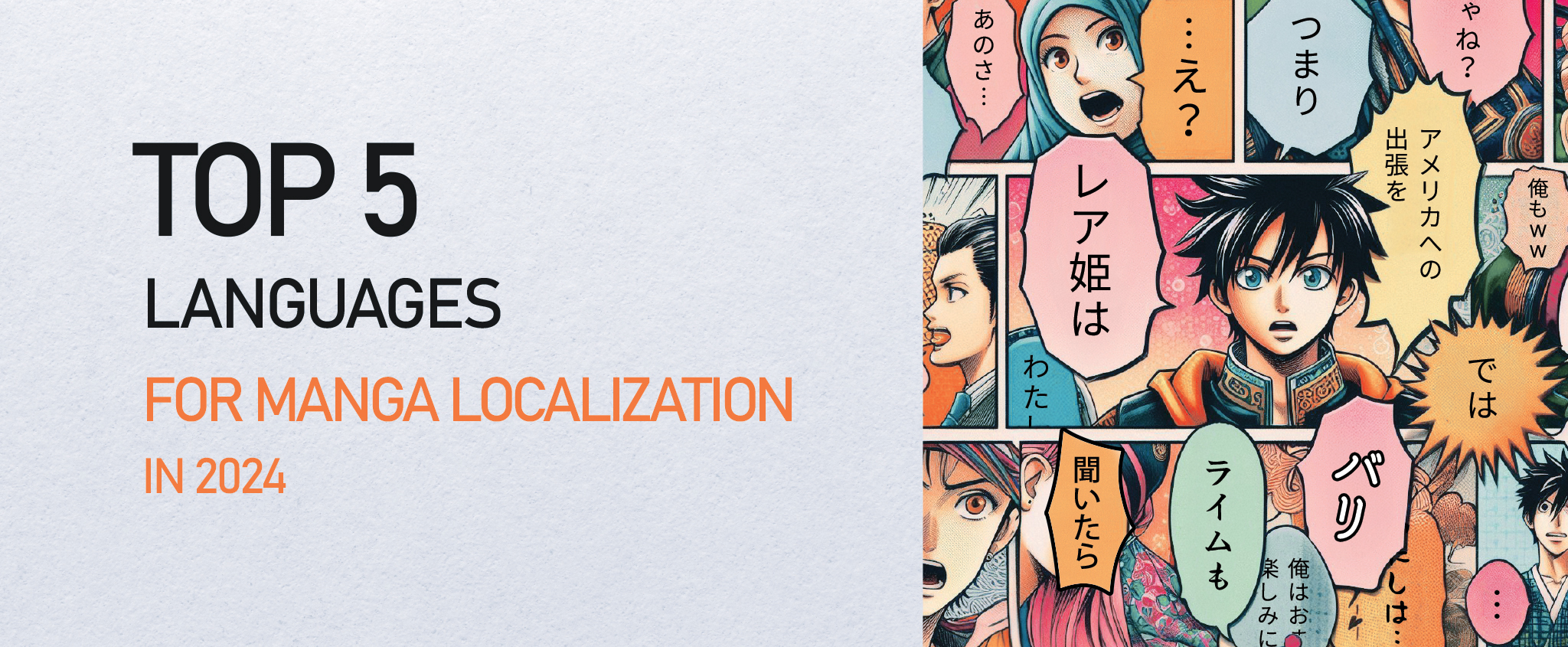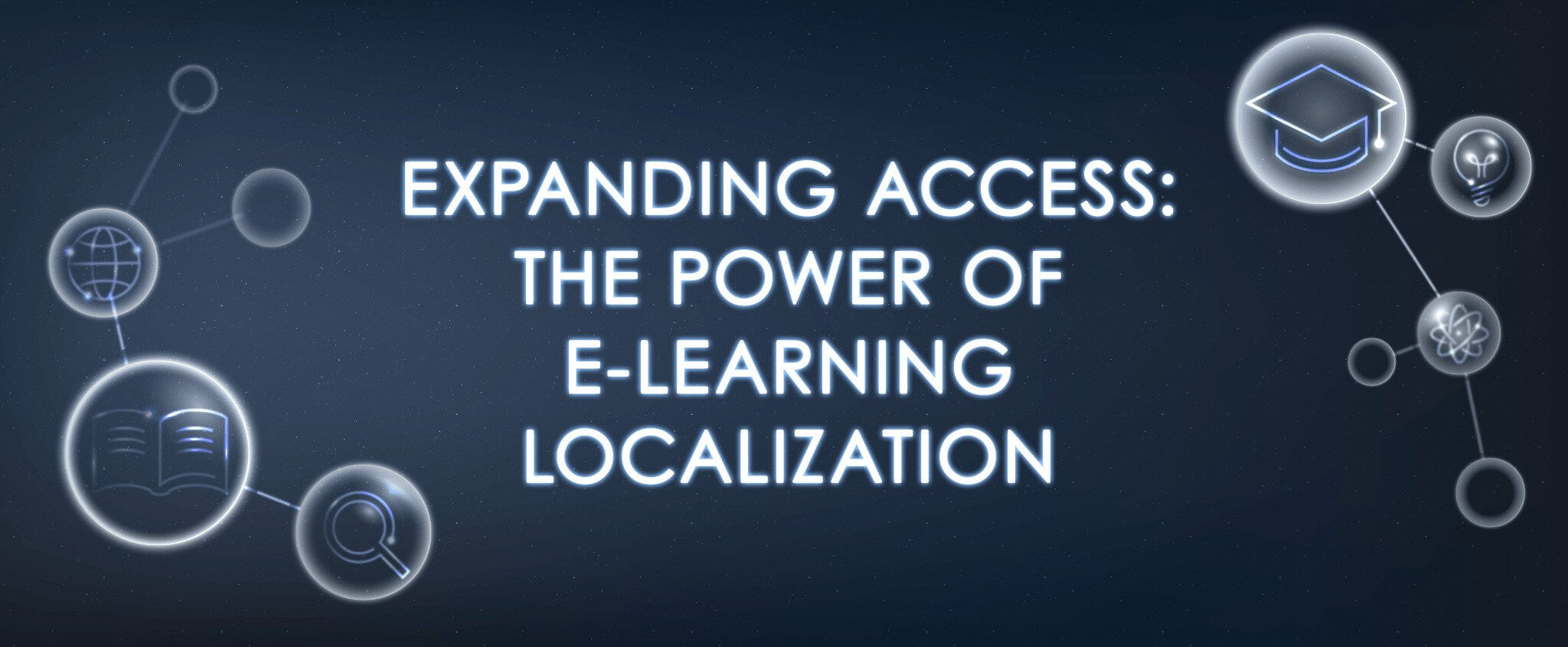5 Steps To Take Before Expanding Your Business Internationally
Entering foreign markets is no easy feat. It comes with its own set of unique obstacles and challenges, from cultural differences to financial issues and everything in between. Before expanding your business internationally, you need to explore every aspect of a foreign country – law, taxes, regulations, economic, finance, marketing, culture, technological advancements, business etiquette, and many more. Even the work-life balance ideologies of one country may highly differ from their neighboring one. If you want your business to reach greater heights and serve a larger audience, you have to think big and think ahead.
Understanding language barriers and cultural challenges
Unfortunately, many entrepreneurs don’t pay much attention to culture and language barriers which have a great impact on business relations. It’s equally important for you to effectively communicate with your customers and position yourself as an industry leader. In both conditions, you should overcome language barriers to showcase your respect for that country’s culture. While mutually beneficial relationships with business partners and local community building start with understanding their culture, becoming familiar with the local customs results in communicating effectively. Not only appealing but also treacherous is the journey of becoming a global company.
Generally speaking, international trade will bring international growth. But sooner or later you have to consider some factors besides the major ones like financial issues, legal and economical conditions, etc. It’s no surprise that local culture could affect the market for some consumer goods and services. Learning the targeted language is the best way to break the language barrier. But if you have little time to do it you should definitely hire a professional translation agency to help with communications.
No major business decision is without its hurdles. Finding a professional language service provider is among the tough ones. The translation agency could be among your most important partners while entering the market. Additionally, translation and localization are two deeply interconnected but different services.
1. Translate your business documents
Translation has become an integral part of global communication. Hence, expanding into and then promoting your business in another country will require business documents translation in the target language. But before getting your business documents translated you need to make a choice between human translation VS machine translation. In this case, the major things to focus on are the quality and accuracy of the translated document. Alongside translation, proper localization of business documents for the target country is another key point to consider. They are particularly important when translation can make or break the goal of the business document.
Definitely, you may find that machine translation tools alone cannot produce quality translations as well as localization for you. The best way to precisely translate business documents is by finding a professional translation company with proven expertise in the specific market. This ensures you will save time and cut costs by reducing the risks of error in your business materials.
2. Translate and localize your website
One of the first logical steps towards the internationalization of your activity is translating your website. What’s more important is that multilingual website translation and localization is one of the most profitable ways to give your business global visibility. It is safe to say that website translation for targeted markets will open new opportunities to reach foreign markets’ potential customers. For e-commerce companies, it is a must to have accurately translated websites.
Website localization goes beyond the literal word-for-word conversion of the content. To ensure your company stays afloat, you should create an online experience that resonates within specific markets.
It’s a well-known fact that users search the internet in their native language. Choosing one of the top in-demand language pairs for the website translation makes communication easier with new target market customers. This also provides exposure and important growth potential to you and ensures that your business is available to the market in its native language.
The key factors to take into account while translating your website are language and its dialects, cultural elements, transactional elements, communication, national characteristics, etc.
Quality, accurate and culture-sensitive website translation and localization is the core of success in online markets.
3. Translate your marketing materials
Nail your campaign with professional translators! Translate all your marketing materials – videos, imagery, technical elements, captions, leaflets, flyers, brochures, tone of voice, slogan, service/product names, descriptions, etc. Some marketing mistakes cost more than just losing revenue or market share. The failure can quickly go viral and negatively affect a brand’s image on a long-term scale. The best way to avoid them is to explore more about big brands’ international marketing and localization mistakes.
By translating your digital marketing materials, you assure that your potential customers get your brand message precisely. Besides, a marketing translation company highlights the features and benefits of your offer and strikes the right note. Your brand is your pillar around which you should create and build your strategy and ensure smooth communication with your end-users.
4. Localize your content
Content localization is more than linguistic translation. In a few words, it is a process of adapting your message for your specific destination. Having considered cultural norms, content localization specialists customize every single detail, from currency, dates, units of measurement to welcome messages and many more in between.
A well-crafted localized content for a specific country’s market will enhance your chances of getting visible among competitors and increase sales.
5. Hire customer support specialists
Multilingual customer support specialists with solid knowledge of the language and culture are a great addition to your team. Day by day, customer service becomes important anywhere you go.
Answering questions of your customers in their own language will bring you the important benefits influencing brand recognition and exposure. Multilingual customer support determines the success of a company and increases brand loyalty.
To run a successful business on an international level contains a host of challenges. If you want to successfully accomplish them, you should pay attention to communicating effectively through professional translation and localization.
___
To ensure the highest professional quality and accuracy possible, feel free to contact CCCI. As a professional translation and localization company, we can fulfill your wants and needs so you’ll look like a superstar when your order is completed!
We aim to provide state-of-the-art multilingual communication to our partners and clients through our highly trained business leaders. Here at CCCI, your investment of time and money is valued. Each of our projects is subject to a process of revision and quality checks to ensure correctness and accurateness in a timely manner.






